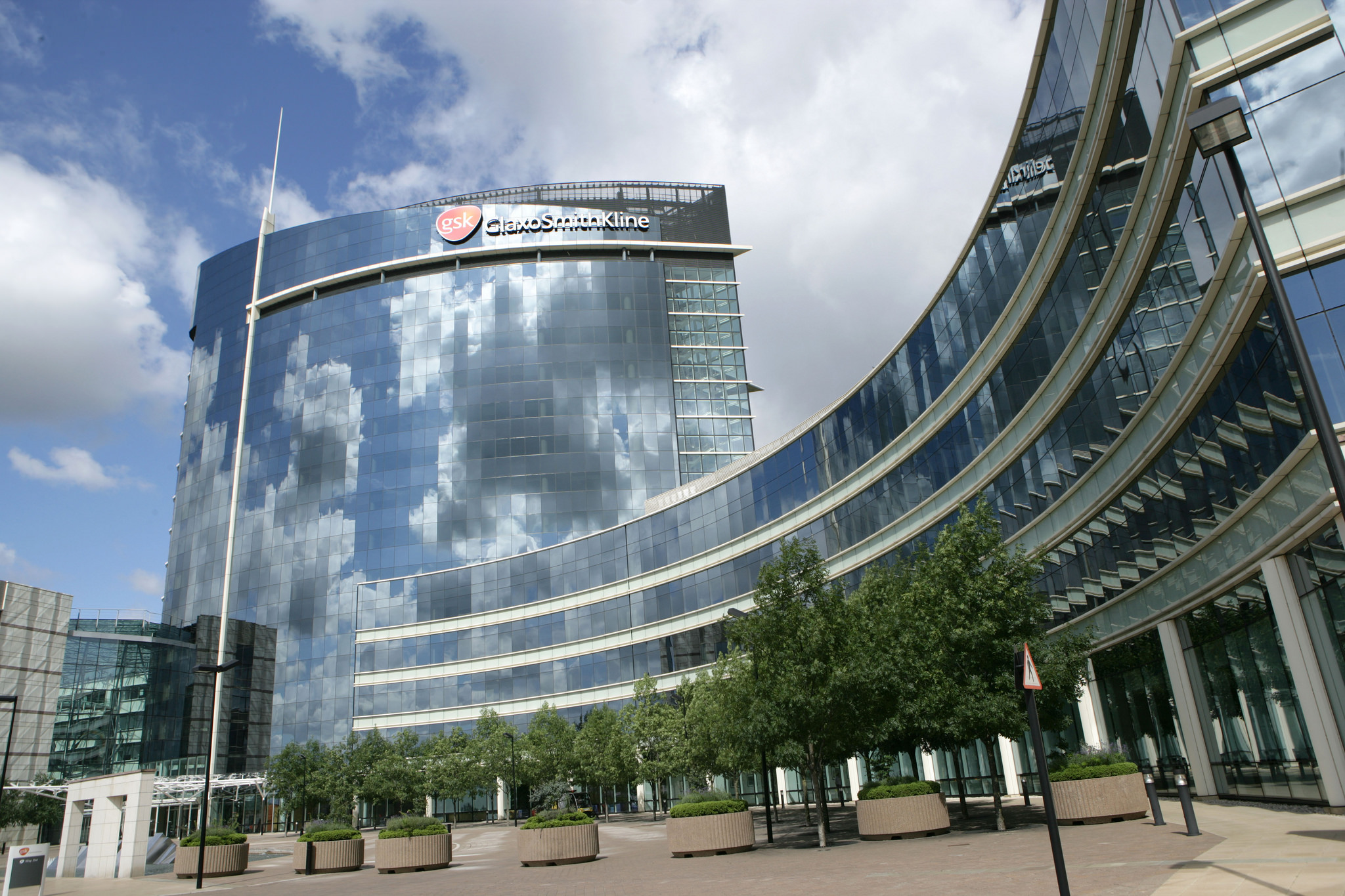GSK suffers another R&D setback, axing ulcerative colitis drug trial

GlaxoSmithKline has suffered another research setback after it axed a phase 2 trial of an anti-LAG3 drug in patients with ulcerative colitis, following a major disappointment with a key lung cancer drug last week.
Development partner Immutep had been working with GSK on GSK2831781, an anti-LAG3 cell depleting monoclonal antibody, which was derived from a drug developed by the Australian biotech.
Sydney-based Immutep said GSK had stopped the trial based on the assessment of clinical data as part of a planned interim analysis conducted in consultation with the trial’s Data Review Committee.
The big UK pharma is conducting further reporting, assessment and analyses of the efficacy and safety data, to determine next steps for the development of GSK2831781.
Immutep said a collaboration with GSK remains in place and GSK2831781 continues to be under exclusive license with GSK.
The company’s hopes for the drug lie in other autoimmune diseases – it has already been tested in a phase 1 psoriasis trial showing preliminary signs of efficacy.
Under the terms of its ongoing collaboration agreement with GSK, Immutep is eligible to receive up to a total of £54 million in remaining developmental milestone payments, as well as single-digit tiered royalties, if GSK2831781 is marketed.
Luckily for Immutep, GSK is covering all research and marketing costs, so it will not be out of pocket even if it does not receive any of the milestone payments.
It’s another pipeline setback for GSK, which announced last week that its big gamble on a cancer drug developed by Germany’s Merck KGaA looks unlikely to pay out.
Darmstadt-based Merck said that bintrafusp alfa failed to outperform Merck & Co’s Keytruda in an ambitious phase 3 trial in first-line lung cancer.
Immutep is also working on other projects – it is working on a phase 2 trial of its lead drug, eftilagimod alfa, in combination with Merck & Co’s Keytruda (pembrolizumab) in non-small cell lung cancer in first and second line.
Data in second line was “robust” and merits further trials, the company said in an update earlier this month, and the company is continuing to gather data from a part of the study testing the drug in first line NSCLC.












